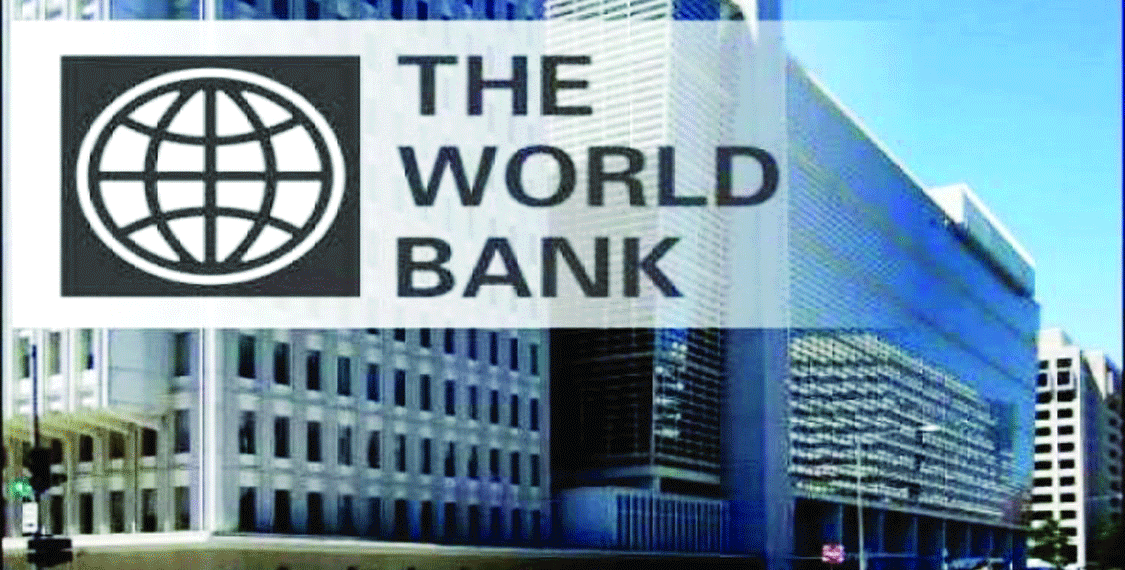The World Bank has warned that any delays in the sealing of an IMF deal will pose a major risk to Ghana’s economic outlook in the short to medium-term.
According to the Bretton Woods Institution, the country’s inability to access funds on the external capital markets could also pose a major risk to its efforts to get out of the woods.
“The main risks to the outlook include delays in the conclusion of an agreement with the IMF and an intensification of macroeconomic vulnerabilities (such as additional contingent liabilities in the energy and financial sectors, and un-anchoring of inflationary expectations).
“Debt sustainability could be threatened by insufficient access to financing, insufficient fiscal adjustment, large interest rate increases, and further currency deprecation. Sizable domestic debt rollover needs will put pressure on the already elevated domestic interest rates.”
World Bank
Despite the risk factors, the World Bank indicated that it expects a gradual improvement in the country’s economic situation in the areas of revenue, expenditure and public debt in the medium-term.
“Indeed, improvements are projected to take place gradually with contributions from revenues and expenditures, notably on focused on tackling tax exemptions and containing energy sector implicit subsidies. Public debt should stabilize around 100 percent of GDP in the medium-term, before starting to come down.”
World Bank
International poverty incidence is projected to decrease only marginally, from 20.5 to 20 percent by 2024, consistent with the muted growth outlook. In the shorter term, poverty is expected to increase slightly, notably because of the recent increase in electricity and water tariffs, the Word Bank noted.
“This increase, while necessary, comes on the heels of rising food prices and does not address the regressive nature of the subsidies.”
World Bank
High inflation and elevated interest rates to bite private consumption
The World Bank expects growth to slow to 3.5 percent in 2022 and to decelerate further in 2023 as macroeconomic instability and corrective policy measures dampen aggregate demand.
It warned that high inflation and elevated interest rates will keep private consumption and investment growth below pre-pandemic levels.
With exports held back below pre-pandemic levels by supply constraints, growth is expected to slow further to 2.7 percent in 2023 and remain muted in 2024, before recovering to potential over the medium term.
“On the supply side, agriculture growth will remain modest because of high input prices and a disease affecting cocoa trees, industrial output growth should slow as oil and gas production continues to face technical difficulties, and services growth will be impacted by the erosion in the purchasing power of consumers. Reflecting low revenue and mounting interest payments, the fiscal deficit will remain high in 2022 (7.9 percent of GDP) and beyond.”
World Bank
The World Bank noted that Ghana’s mounting debt stock and related financing needs are cause for concern with public debt-to-GDP consistently in excess of 70 percent since 2020.
“Fiscal consolidation has been slower than expected and the country has lost market access, with rating agencies repeatedly downgrading its sovereign debt. To meet its financing needs the Government has turned to expensive domestic borrowing which has increased debt vulnerability as well as the banking sector’s exposure to sovereign risk, put pressure on domestic interest rates, and crowded-out private sector borrowers.”
World Bank
READ ALSO: Suame Interchange Will Be The First 4-tier Interchange In Ashanti Region- Akufo-Addo























